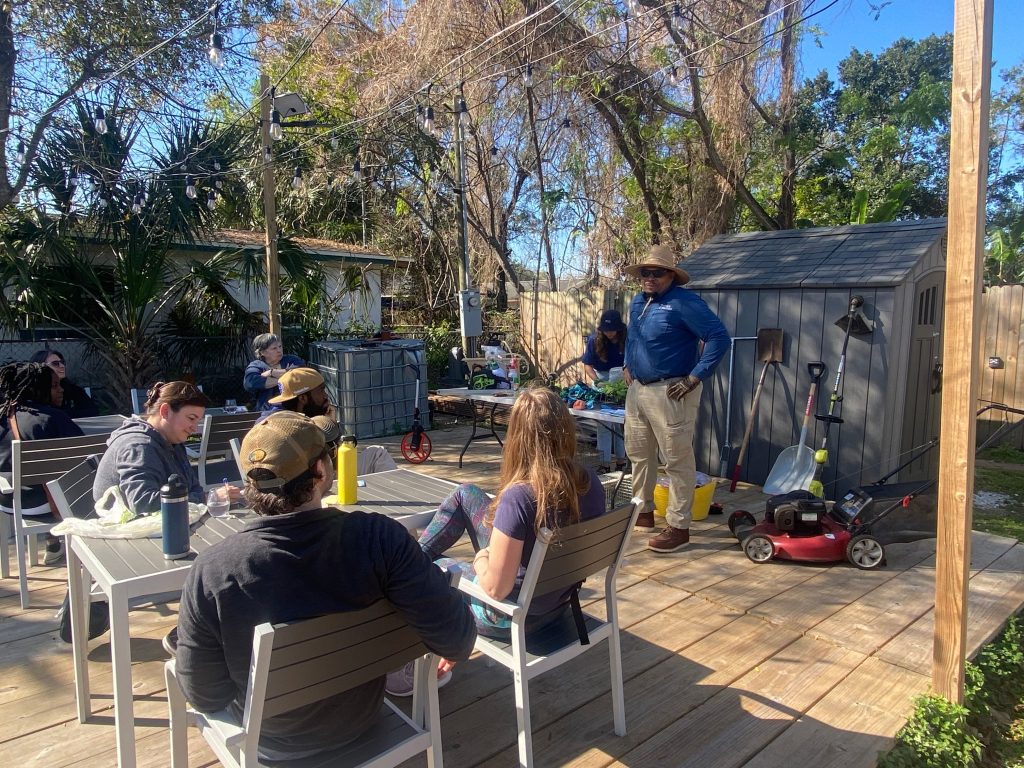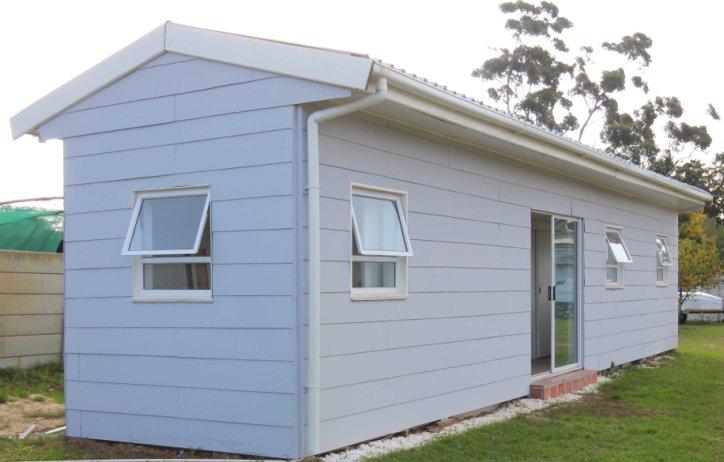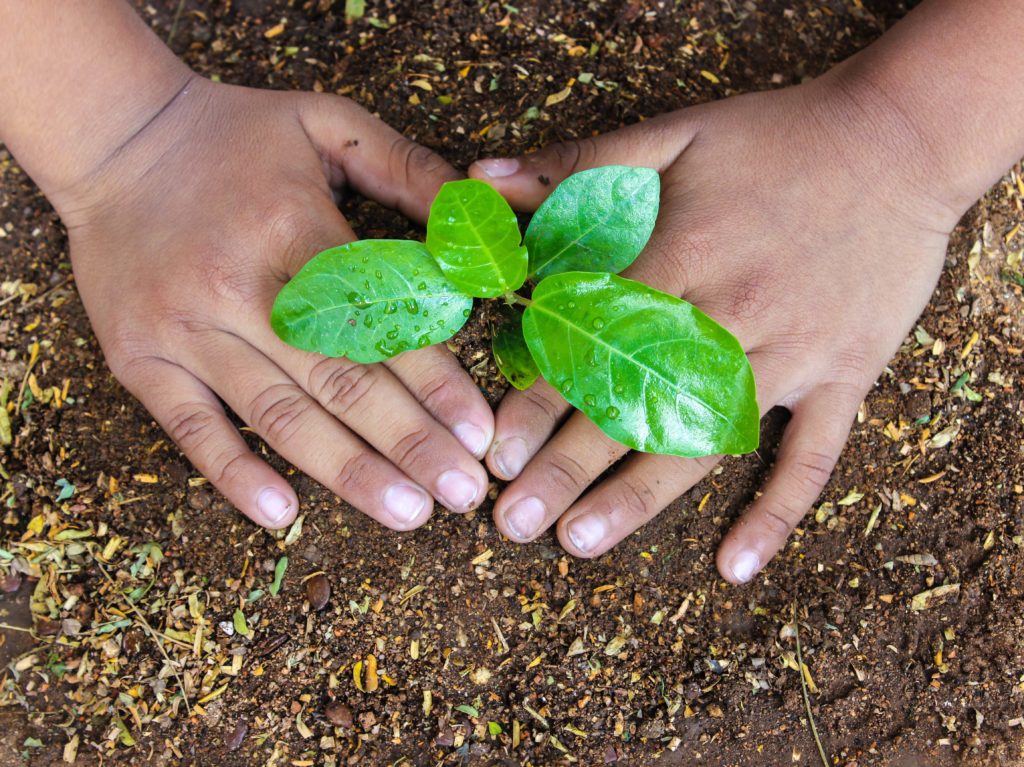The fight against food apartheids and for food accessibility has been a prevalent topic, both in media and government offices, for years. Many communities suffer due to economic and financial reasons, yet some have been given a bad hand from the beginning – all due to racial discrimination and prejudice. This lack of access to quality food shows the critical examinations needed within these city governments and brings to question what could be done to further implement environmental help for affordable food development in these areas.
What are Food Apartheids?
Food Apartheids, formerly known as ‘food deserts’, are communities that lack access to healthy and affordable food options. These areas tend to reside in predominately non-white low-income neighborhoods where individuals continue to fight for their rights for food control. The previous term ‘food desert’ didn’t fully reflect the root issues for the lack of food accessibility, the systemic racism that devalued the individuals living within these zones. A desert would imply the communities were empty, desolate, and occurred naturally in that state when that is far from the truth, these areas are rich with culture, heritage, and everyday working-class families who struggle due to the inequitable food environments given to them.
Although it seems like an issue far from home, it has been a prevalent problem for decades across the United States. In Central Florida, just west of Downtown Orlando, lies Parramore, a beautiful neighborhood full of history – and a lack of food choices. Parramore was first developed during the 1880’s as a segregated community for African Americans who were employed in the homes of white Orlando residents. These racial roots continue to sprout with their own food apartheid, tracing back to neglect from the city and county governments making it important for Orlando residents themselves to step forward and resolve these issues themselves.
Prince Dorvilus, Chief Operating Officer of Infinite Zion Farms, was able to provide us with information on the situation in Parramore and what Zion Farms is doing to help.
When did you begin growing food?
Infinite Zion farms started in 2016 on a 20-acre farm in Apopka, FL. Realizing that South Apopka is a food desert with little access to organic fruits and vegetables within a 10-mile radius, we brought produce & resources to the area.
Infinite Zion Farms has two farming locations, all of which are located in food apartheids, what are you doing to ensure food accessibility for the individuals in these underserved communities?
Infinite Zion Farm has two locations: The South St. Garden/farm is located in the heart of Parramore in the downtown area and we have a 10-acre citrus farm located in Groveland, FL. Infinite Zion farms provide fresh local produce/ oranges to the Historic Parramore Community and nearby underserved communities in addition to cooking demos, master classes, and Beekeeping.

IDEAS For Us and Infinite Zion Farms partnered in early 2023 to lead a Garden Equipping workshop, free for the community. Pictured is Infinite Zion leader Ray Warthen addressing attendees.
What kinds of programs do you provide to better dictate the community on nutritional education and gardens in their area?
We offer a Community Agriculture program (CSA), host cooking demos, and events like Taco Tuesdays where the food cooked is donated to the locals.
We often use the term ‘food apartheid’ rather than ‘food desert’ today, do you believe the switch in terms aids in getting into the root cause of some of the problems of prejudice and discrimination within Central Florida? What are your opinions on it?
We have faced similar problems during our time in Central Florida. Being black farmers is surely a challenge especially when it comes to funding, representation & collaborations to help the communities. This is a long time history for black farmers facing discrimination from the USDA and Urban Farming. As a minority organization we are one of the only Non-Profit organizations that operate on a 100% volunteer basis. Other organizations have full time & part-time positions that allow more time & days available to be open and serve the community.
You market yourselves as not just a market, but a movement, how have you broken ground with the residents in your farming locations to establish stronger connections and trust?
We continue to stay connected with the locals and residents by taking the time to hear what they want and would like to see happen in their own backyard.
Does Zion Farms have any future plans to spread into other locations?
Yes, we do look forward to extending our efforts into different communities that may need it. As of right now, we are excited to continue to build out South St. farm, Infinite Zion Farms will be the first solar-powered shipping container farm in the Historic Parramore Community. We are teaming up with Ideas For Us and 15 Lightyears to have a free solar power training program coming up in May 2023.
What can others do to help support your non-profit?
They can visit our donation link at Donate | Infinite Zion Farms or text ZION to 44-321 to donate. Also, they can share our information to raise awareness of our work.
A big thanks to Infinite Zion Farms and Prince Dorvilus for taking their time to answer our questions!
What can be done environmentally to help?
Many environmental solutions could come into play to provide a greater access to fresh foods, even with a lack of grocery stores. These options include but are not limited to:
- A greater implementation of community gardens
- The establishment of bus stop farmers markets
- Accessibility to food sharing programs and federal assistance programs
- A spread of food pantries
- Provide incentives to smaller stores within these communities to begin stocking more fresh produce
- Educational class and programs to influence a greater understanding of nutrition and backyard gardens
It’s much easier to say than deliver but these areas are dependent to their communities, with aid from the government and volunteering management these solutions could provide equal opportunities for these individuals.



